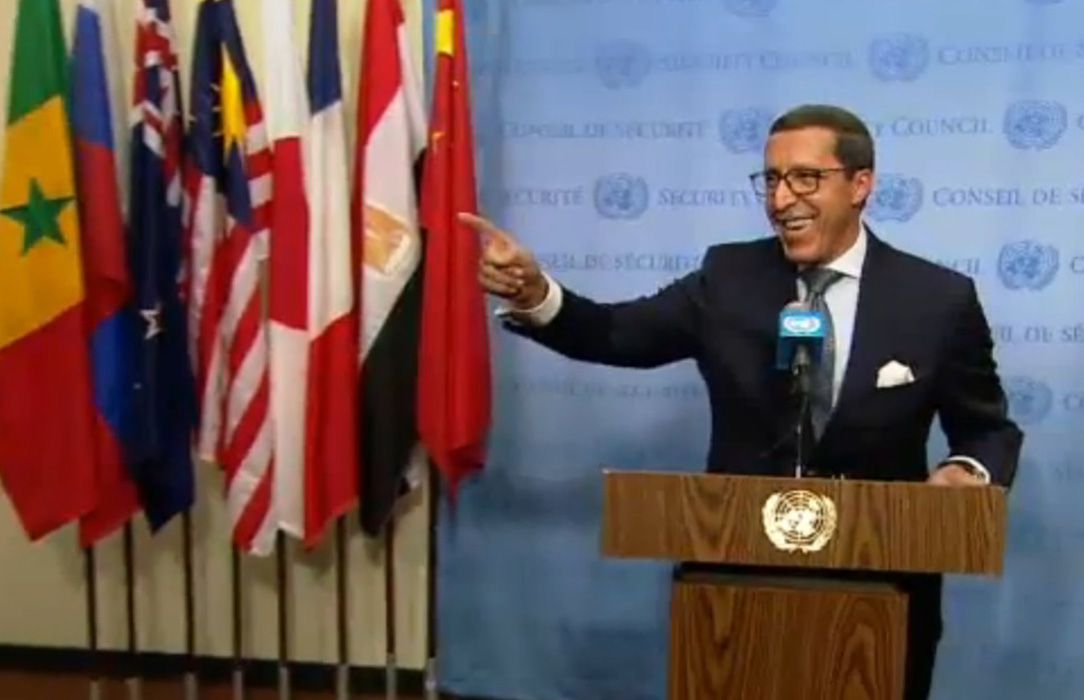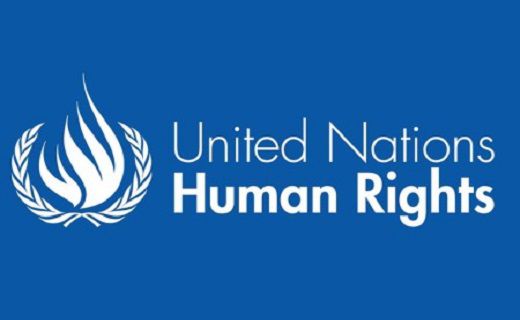
United Nations, NY – Omar Hilale, the Permanent Representative of Morocco to the United Nations, reiterated to the UN’s Decolonization Committee yesterday (commonly known as the Committee of 24) that the issue surrounding Western Sahara was conclusively settled in 1975 under the Madrid Agreement.
In his statement, Hilale emphasized that the process of decolonization of the Western Sahara territories reached completion with their reintegration to Morocco in 1975, as per the Madrid Agreement. According to him, this represented a historic event, with the return of the territories to the motherland.
Highlighting the legal precedent for the agreement, Hilale stated that the International Court of Justice had previously acknowledged the Moroccanity of the Western Sahara. It confirmed that, at the time of its annexation by Spain in 1884, the Sahara was not terra nullius, Latin for ‘land belonging to no one’. It further upheld the existence of allegiance ties, therefore affirming Moroccan sovereignty over the Sahara’s tribes.
In elaboration, Hilale explained that the Security Council examines the Western Sahara issue under Chapter VI of the United Nations Charter, recognizing it as a regional dispute between Morocco and Algeria. The Council alone has the authority to propose recommendations and has been striving to find a resolution to this regional conflict, as evidenced by its annual decisions, including the notable Resolution 2654.
Highlighting the basis for the dispute resolution, Hilale cited Resolution 2654, which underscores four irrevocable pillars: a solution that is political, realistic, practical, permanent, and mutually agreed upon. He stressed that outdated approaches like the “settlement plan” and “referendum” have been categorically dismissed by the Security Council and the UN Secretary-General for over two decades.
Hilale further accentuated that the Moroccan autonomy initiative encapsulates the second pillar, representing an optimal embodiment of this resolution within the kingdom’s territorial integrity and national sovereignty. Since its inception in 2007, the Security Council has consistently hailed the initiative as credible and serious, Hilal stressed.
Subsequently, he went on further to say, that the initiative has garnered international backing, with over 100 UN member countries recognizing it as the unique basis for settling the dispute.
Hilale also underscored the significance of the fact that the majority of these supporting countries were present at the committee meeting. He stressed that international recognition of the Moroccanity of Western Sahara has been established by 28 countries and regional organizations, all establishing consulates general in Laayoune and Dakhla.
Regarding the third pillar of the resolution (mutually agreed upon solution), Hilale pointed to the continuation of roundtable discussions involving Morocco, Algeria, and Mauritania. These dialogues, featuring the same four parties, are the platform for advancing the political process.
The Moroccan Times.



